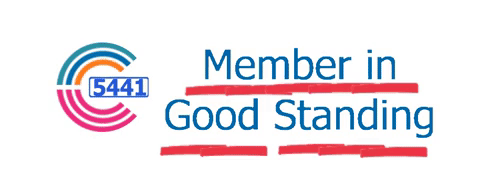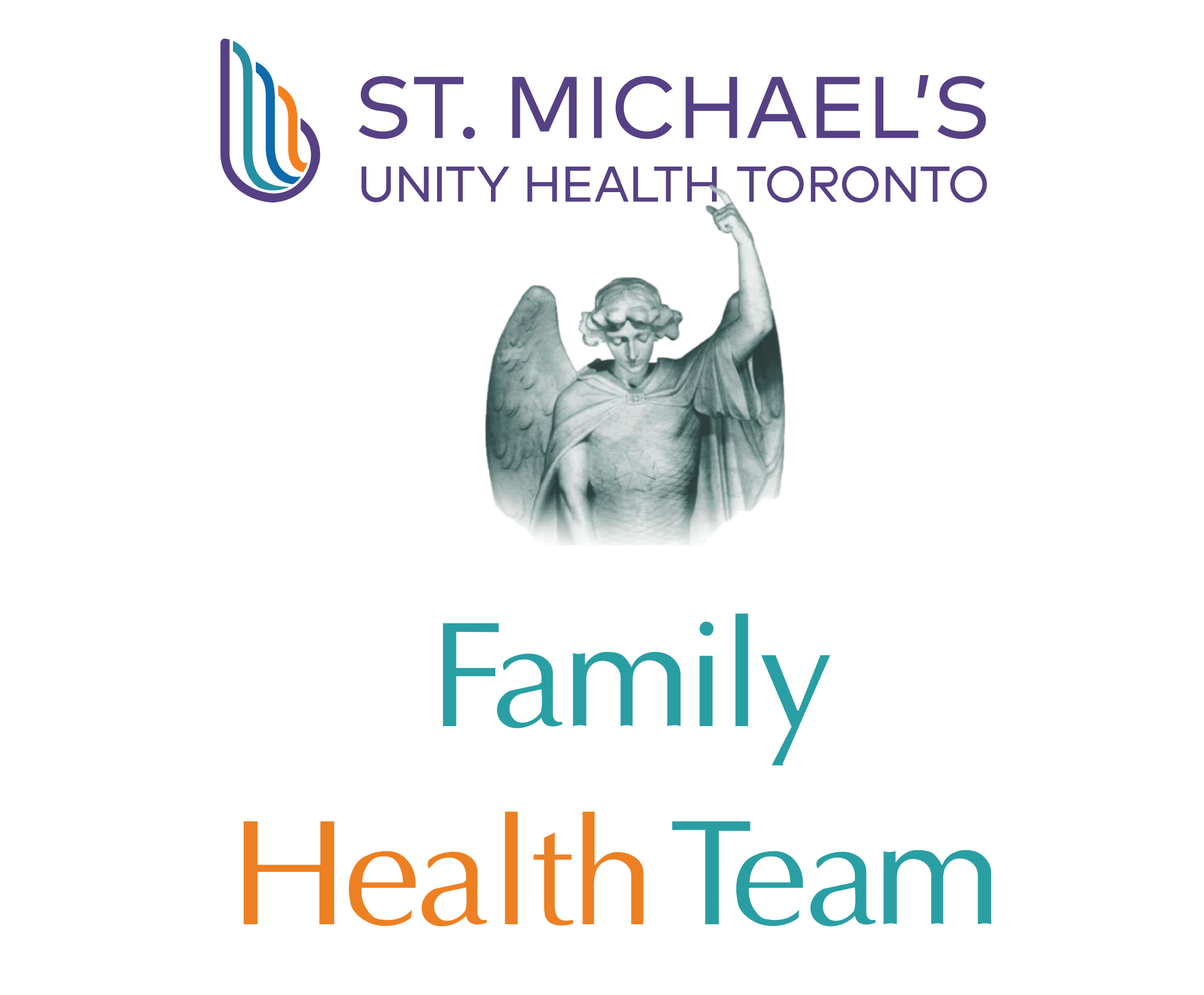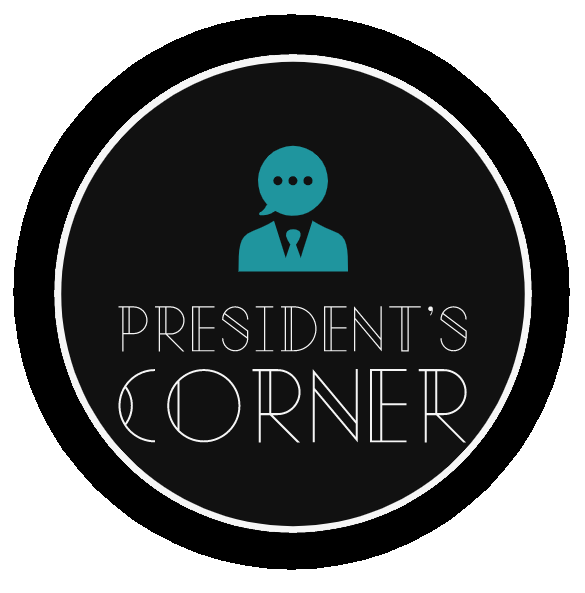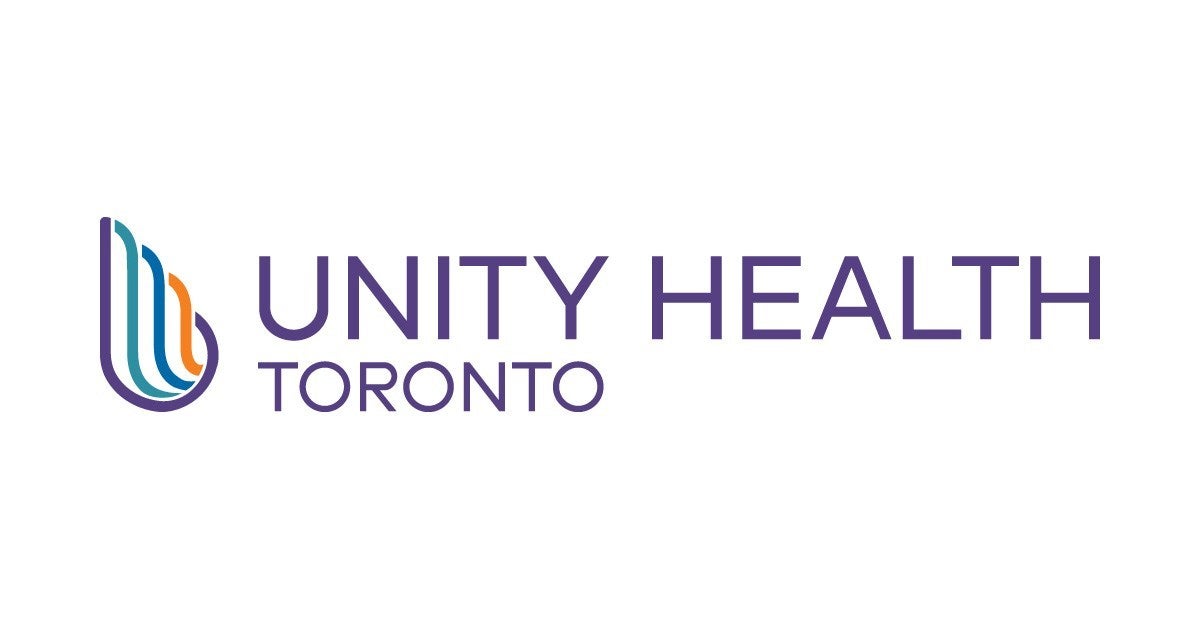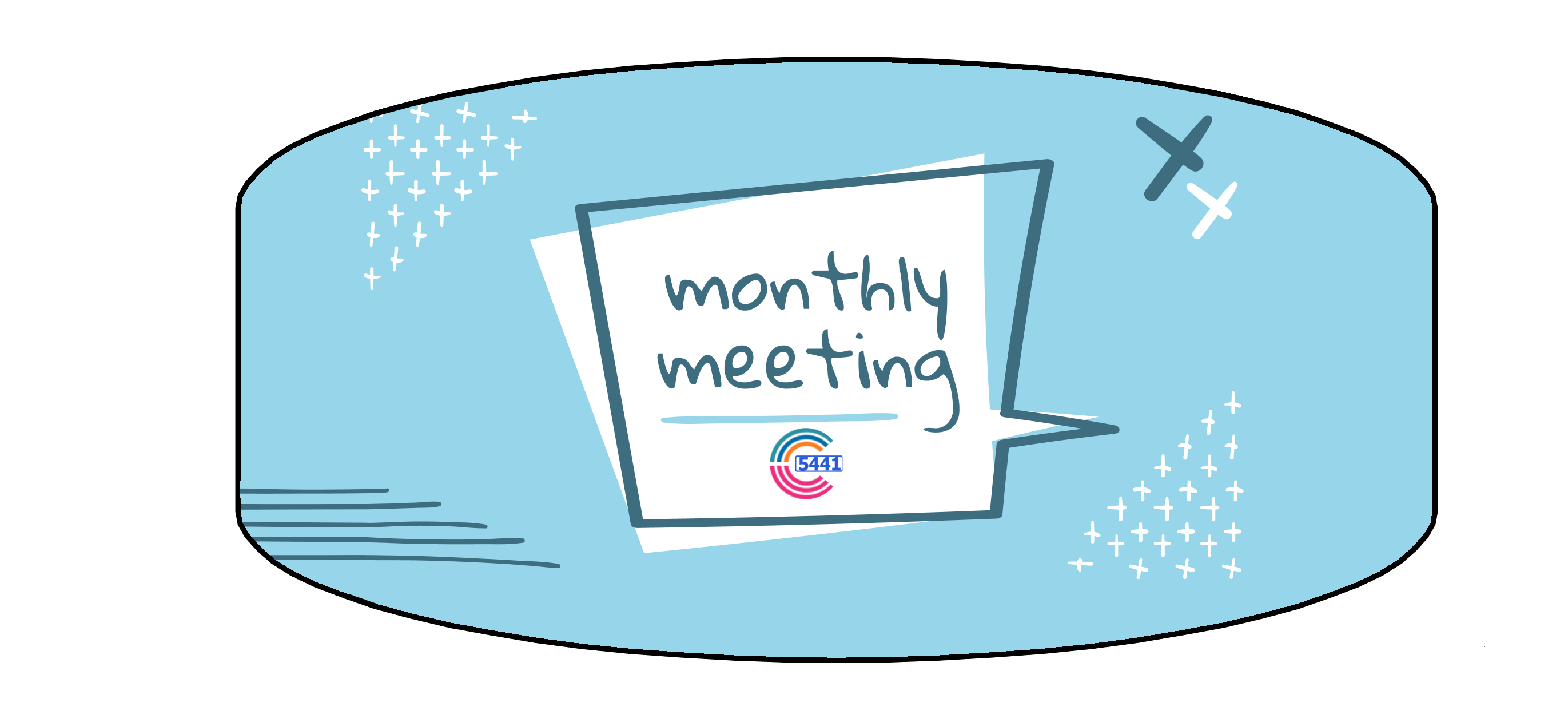As previously announced, Unity Health will be changing insurance carriers from Sun Life to Desjardins effective July 1. This change in carrier only applies to staff enrolled in the standard/full time benefits plan and those staff currently covered under the part-time flex benefits plan will remain with Sun Life.
As part of the transition process, Desjardins has completed their premium evaluation and advised Unity Health of the new rates for Life Insurance, Accidental Death and Dismemberment (AD&D), Long Term Disability (LTD), Voluntary Life, Voluntary Accidental Death and Dismemberment and Voluntary Critical Illness.
We are happy to confirm that staff can expect to see a small decrease in the premiums they currently pay for Long Term Disability benefits. There will also be no changes to the current premiums paid by staff for all extended health and dental benefits at this time. For staff who have elected to purchase additional voluntary life insurance and/or additional critical illness insurance benefits, the expected changes are noted in the Changes to Benefit Premiums document for each of the applicable benefits.
For complete details, please review the Changes to Benefit Premiums document. If you have any questions related to these changes please contact Monica Brown, Manager of Total Rewards Administration.
Unity Health staff will receive a Desjardins welcome package in the mail starting June 7

![]()
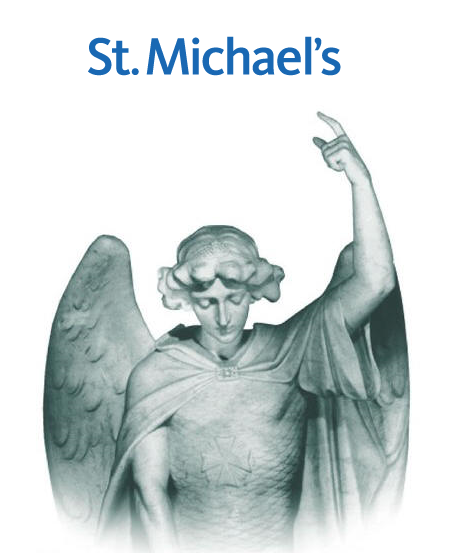

![]()


![]()
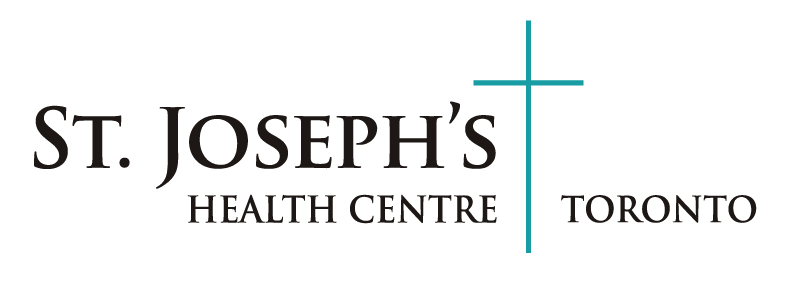

![]()

